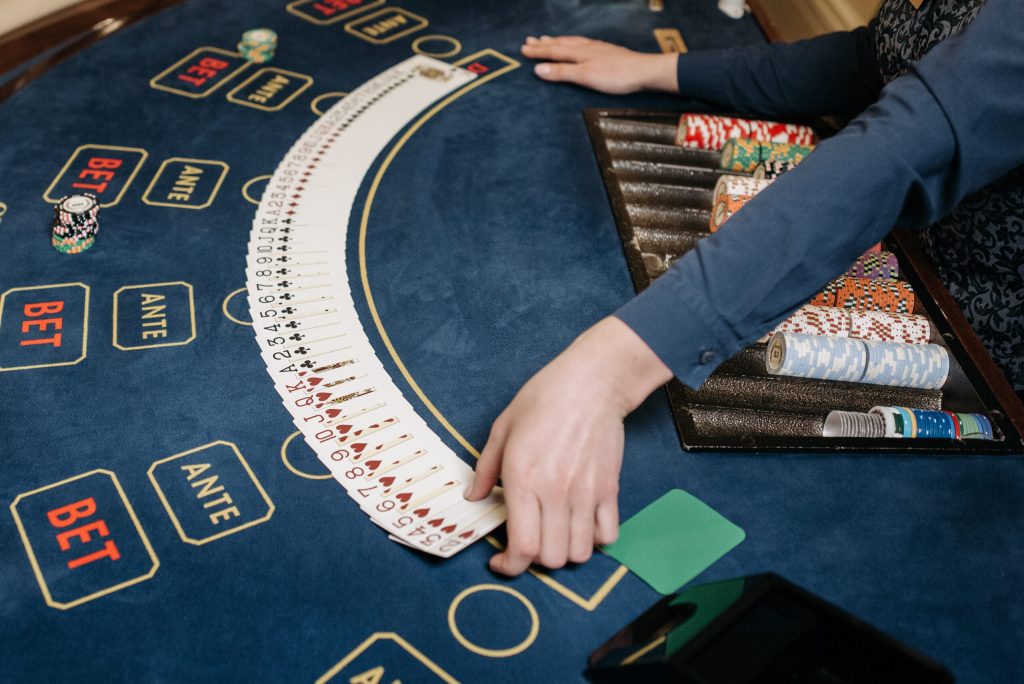
The Concept of Luck and Superstitions
Across different cultures, the concept of luck and superstitions plays a significant role in casino gaming. In some Eastern cultures, such as Chinese or Vietnamese, the number 8 is considered extremely lucky due to its phonetic similarity to the word for “wealth” or “prosperity.” As a result, many players from these cultures tend to favor bets involving the number 8.
On the other hand, Western cultures may have their superstitions rooted in historical events or folklore. For instance, some players might avoid betting on Friday the 13th, considering it an unlucky day.
Social Aspects of Casino Gaming
In many cultures, casino gaming goes beyond mere gambling; it is a social activity that fosters camaraderie and bonding. For instance, in some Middle Eastern cultures, card games like Rummy are not just about winning or losing money but also about building connections with family and friends. Similarly, in Western cultures, poker nights are a popular way for friends to come together, showcase their skills, and enjoy each other’s company.
Attitudes Towards Gambling and Risk
Cultural attitudes towards gambling and risk-taking vary significantly. In some cultures, gambling is deeply ingrained in their history and traditions. Native American tribes, for example, have a long account of gambling intricately tied to their spiritual beliefs and rituals.
Conversely, some cultures may have more conservative views towards gambling, seeing it as a vice rather than a form of entertainment. Understanding these differences can help casinos tailor their offerings to diverse cultural sensibilities.
Casino Game Preferences
Cultural differences also extend to the types of casino games that attract players. For example, traditional card games like Baccarat are hugely popular among Asian players, especially in countries like Macau. On the other hand, Western players might gravitate more toward games like Blackjack or Roulette.
Etiquette and Behavior at Casinos
Proper casino etiquette can differ significantly from one culture to another. At the same time, some cultures may encourage a more reserved and discreet demeanor while gambling, while others may embrace a more animated and lively atmosphere.
For instance, in some Asian cultures, players might refrain from showing extreme emotions, especially in the face of a big win, as it may be considered impolite or boastful. In contrast, Western cultures may celebrate wins more openly, contributing to a vibrant and energetic casino atmosphere.

Perceptions of Luck and Skill
The balance between luck and skill in casino gaming is perceived differently across cultures. Some cultures emphasize the role of luck as the primary factor, attributing wins or losses to fate or destiny. On the contrary, other cultures value skill and strategy more, believing that a player’s expertise can influence the game’s outcome.
Language and Communication
Language is a crucial aspect of cultural differences in casino gaming. In international casinos, multilingual staff is often employed to cater to players from diverse linguistic backgrounds. Moreover, providing gaming instructions and information in different languages can enhance the overall gaming experience for non-native English speakers.
Holidays and Festivals’ Impact on Casino Visits
In certain cultures, specific holidays and festivals can significantly impact casino visits. For example, during Chinese New Year, many Asian players flock to casinos as it is considered an auspicious time for gambling. Similarly, in Western cultures, casinos often experience increased footfall during major holidays and vacations.
Regional Gaming Regulations
Cultural differences also influence the way governments and authorities regulate casino gaming. Some cultures may have a more permissive attitude towards gambling, allowing casinos to thrive, while others may impose strict regulations or even ban gambling altogether.
Responsible Gambling Practices
Promoting responsible gambling is a universal concern, but the approach to addressing this issue can vary across cultures. Some cultures may be more open to discussing and seeking help for gambling addiction, while others may view it as a private matter to be dealt with within the family or community.
